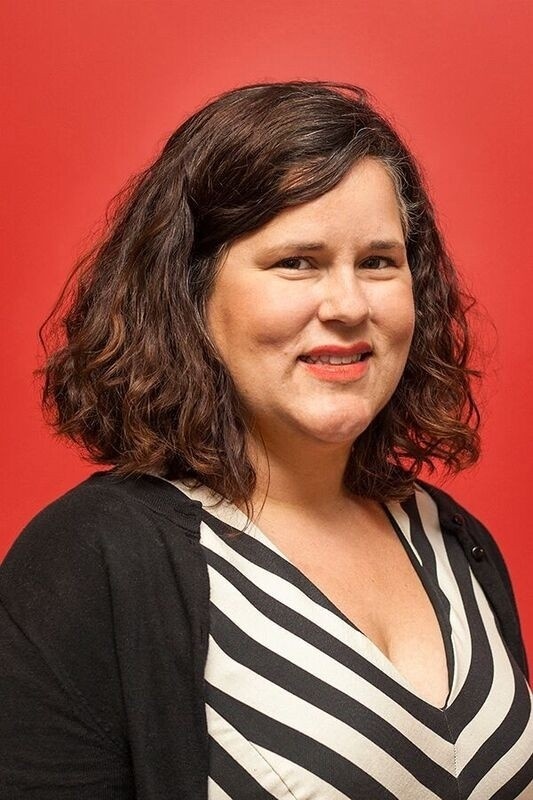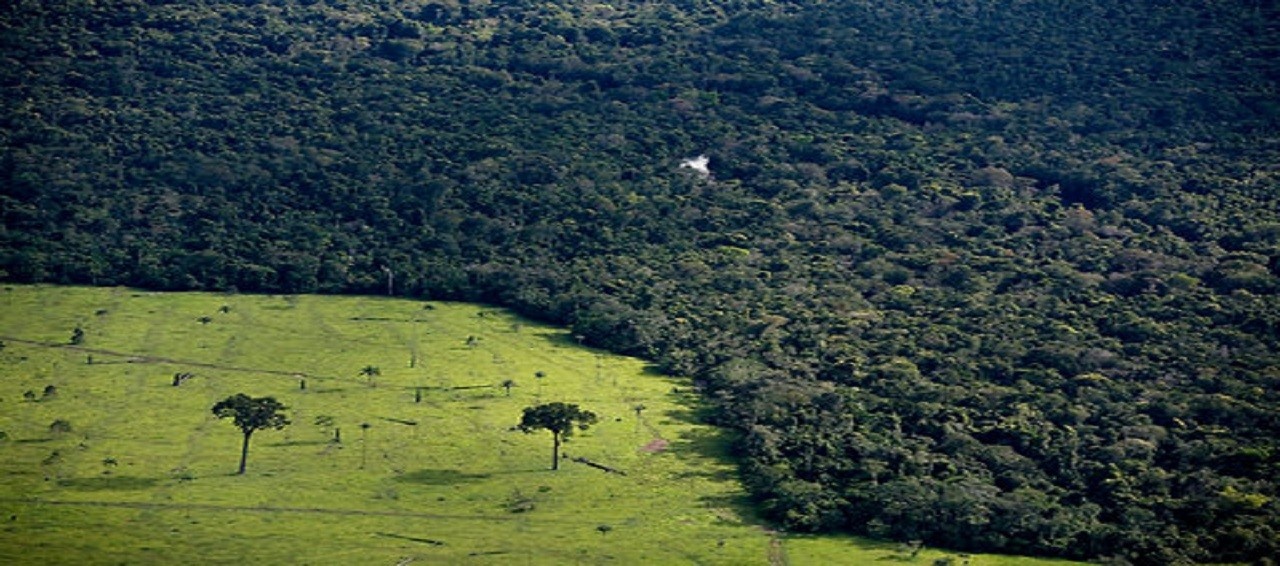Shanley Matthews
MA IDS 2007
Privy Council Office – Government of Canada (Ottawa)

Shanley Matthews knew she was “interested in some kind of helping type of profession, but wasn’t too sure what yet.”
Throughout her Bachelor’s degree, Matthews worked as a youth care worker at Macdonald Youth Services and worked on a refugee program at Citizenship and Immigration Canada in her hometown of Winnipeg, Manitoba.
Matthews also volunteered at UNICEF, where she would speak at schools about development issues. The executive director at UNICEF encouraged Matthews to consider pursuing further education in international development.
In 2001, Matthews graduated with a BA in psychology from the University of Manitoba and spent five months travelling in India, Thailand, Malaysia, Laos and Cambodia. In 2004, she enrolled in the MA program in international development studies at Dalhousie University.
Check your privilege and understand that nothing good is going to come from walking into a place you don’t know with a set of ideas about what needs to be done
“Loved the learning that I did. It was a great community and had some really excellent guidance from some fascinating professors,” says Matthews.
For Matthews, her biggest takeaway from her MA in IDS is the assumption of every society developing on a linear continuum is a “complete misunderstanding”.
“I think for me that was a really valuable understanding,” says Matthews. “Check your privilege and understand that nothing good is going to come from walking into a place you don’t know with a set of ideas about what needs to be done.”
Matthews advises international development students to take advantage of people in the department and their experiences in the field. She also says it is important to learn how to listen to communities.
"Be open to really dissembling your assumptions about what development is and what your role in it could be,” says Matthews.
Even before she graduated from Dalhousie, Matthews was offered a position within the Canadian government. Matthews defended her thesis – which focused on the relationship between national security and development objectives – in December 2007 and moved to Ottawa in January 2008.
Be open to really dissembling your assumptions about what development is and what your role in it could be
Over the course of 9 1/2 years, Matthews has worked a total of seven different positions within the Government of Canada. As a policy analyst, Matthews worked within the Department of Public Safety and in two divisions of the Department of Human Resources and Skills Development Canada (now Employment and Social Development Canada). She has focused on a wide range of topics, including national security, counter terrorism, Afghanistan policy, public pension policy and social innovation.
In 2013, Matthews moved to the Privy Council Office where she worked as policy advisor for the priorities and planning secretariat, providing advice to the Prime Minister on files involving immigration, public safety, justice, and Indigenous affairs. In 2015, she joined the Privy Council Office’s Social Development Policy Secretariat as the lead analyst on reconciliation, helping to shape the Government’s approach to a number of key issues including the federal response to the Truth and Reconciliation Commission’s Calls to Action, First Nations Child and Family Services, and K-12 education.
Since April, Matthews has worked as the Manager of Reconciliation for the Department of Canadian Heritage. Matthews is responsible for developing a strategic approach on how to put into practice the government’s objectives on reconciliation with Indigenous peoples.
Matthews’ work includes: building a strategy on how to implement the “calls to action” by the Truth and Reconciliation Commission of Canada, looking at existing programs to determine whether they reflect a respectful approach to working with Indigenous peoples, co-developing legislation to protect, preserve and promote Indigenous languages and educating the workforce within Canadian Heritage on Indigenous issues and history.
Matthews says she often refers to what she learned at Dalhousie to her work in Indigenous affairs and reconciliation.
Before you do anything or make any decisions you need to really be aware of the history and background and culture of wherever it is that you’re trying to engage
“Before you do anything or make any decisions or try to make judgements about what needs to happen, you need to really be aware of the history and background and culture of wherever it is that you’re trying to engage,” says Matthews.
“And start by listening.”
